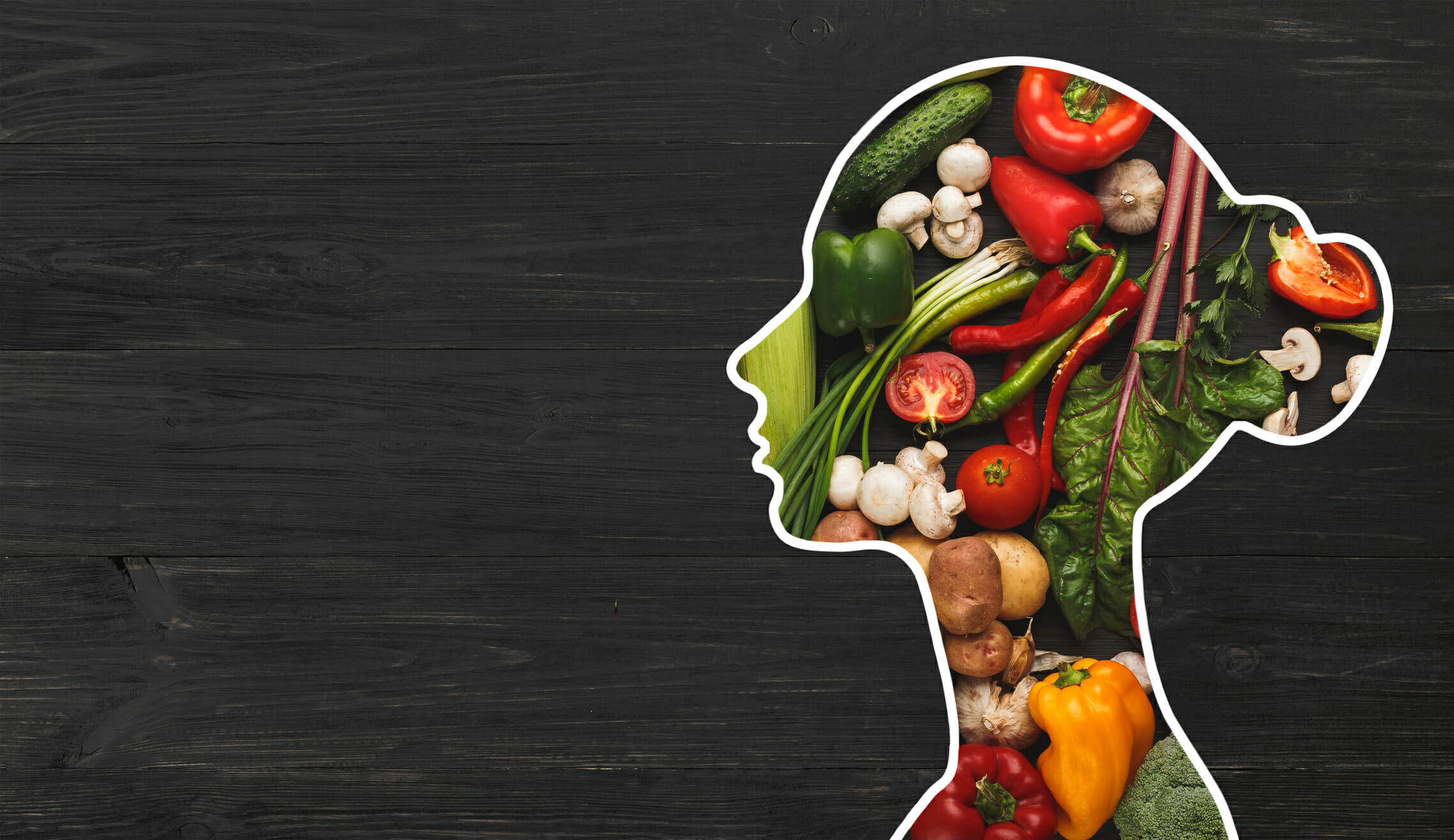Why Nutrition is Essential During Recovery

Published: September 23, 2020
Many would agree that keeping healthy nutrition is quite essential for a successful recovery from drug addiction. But what exactly is a healthy diet? After all, it’s widely believed that sugary foodstuffs consumption can be an excellent way to cope with cravings. Such misconceptions can do more harm than good for a person trying to overcome addiction. It may help realize that eating is necessary during the recovery process, but unhealthy eating habits can result in other severe conditions like heart diseases or malnutrition. This article explores what comprises a nutritious diet and why it’s necessary for people recovering from addiction.
What Type of Nutrition is Healthy for Recovery?
A nutritious diet for addiction recovery should comprise a balance between carbohydrates (e.g., corns, wheat, and barley), proteins (e.g., oats, fish, and potatoes), Vitamins (e.g., Kales, Oranges, and Apples), and plenty of Water.
Why Are They Necessary During Recovery?
To understand excellent nutrition is necessary during recovery. Let’s explore each subcategory and learn the role of each.
Carbohydrates
Carbohydrates are the gateway to maintaining balanced energy during the day. Although widely criticized for causing obesity, it is essential to realize that carbohydrates come in two categories, simple sugars, and complex carbohydrates. When recovering from drug addiction, it’s necessary to focus on the latter group of carbohydrates, i.e., complex carbs. That’s because they are rich in fiber and get slowly absorbed into the body, limiting energy expenses. On the contrary, simple carbs (juice, sweets) are quickly digested, giving a burst in energy levels, but the power is usually short-lived, resulting in more cravings and sudden lethargy. Therefore, it’s recommended that People on recovery stick to complex carbs, which may include grains, wheat, corn, and starchy foods.
Proteins
Many people recovering from addiction may have lost tremendous weight and damaged their internal organs due to substance abuse. Proteins are quite essential in fixing damaged tissues and depleted muscles. Overcoming addiction may also pose a challenge of feeding on drugs at the expense of feeding on an appropriate diet. Therefore, it’s recommended that adults recover to take at least 0.8 g per Kg of proteins to avoid muscle loss and skin damage.
Vitamins and Minerals
Drug addiction can affect a person’s immune system even during withdrawal. It’s advisable to take plenty of vitamins to boost the immune system and the nervous system. Conversely, a lack of vitamins can result in a range of illnesses that may affect the brain or bones. For example, a lack of vitamin D can cause low absorption of calcium and may weaken bones. The deficiency of vitamin B1 will affect the nervous system and result in diseases such as dementia. Traditionally, taking lemons, oranges, cabbages, and sunlight can be helpful during the process.
Water
Plenty of consumption of Water is perhaps the best approach to controlling alcohol cravings. Water is necessary for the body to flush out toxic wastes and other poisonous components. Water also keeps the body dehydrated and makes the mind clear.
Watch Out for the Following:
Added Salt and Sugar
It may be helpful to restrain from sugary foods, added salt, and other spicy foods. Avoiding them can help in regulating dopamine levels and abnormal cravings. Abnormal dopamine levels often result in mood swings and disruptive tendencies.
Caffeine
Caffeine is an effective stimulant but not recommended for people recovering from addiction. Consumption of caffeine during recovery can cause depression and nausea.
